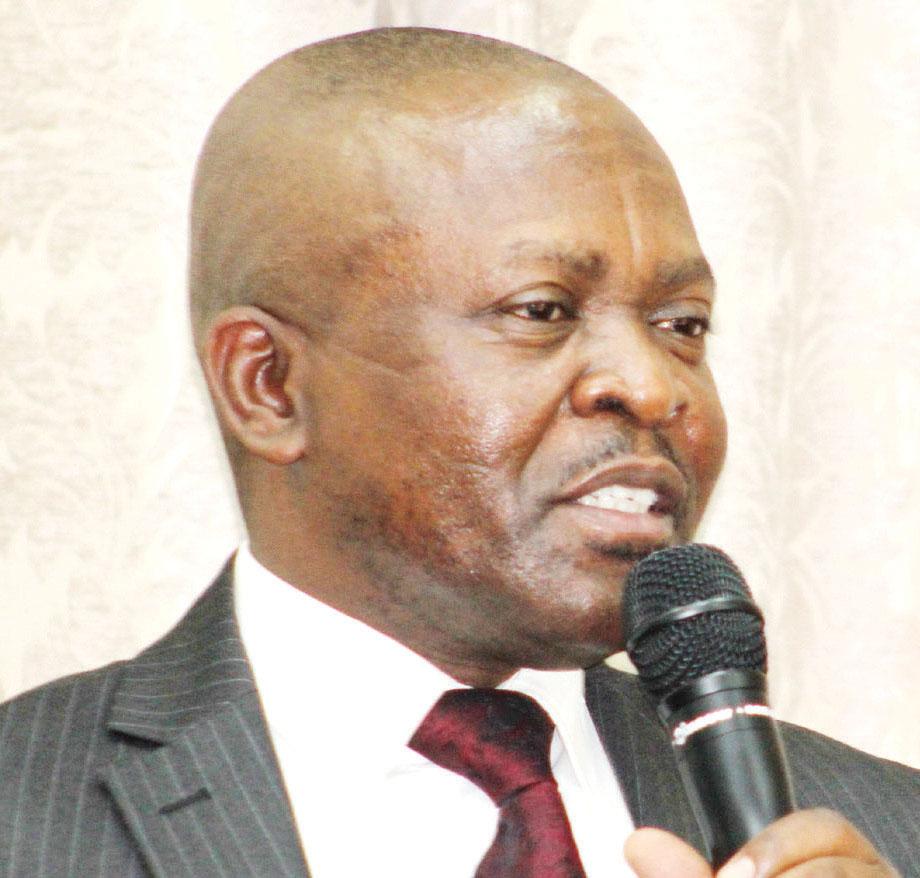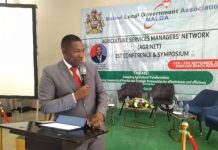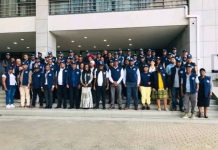Africa-Press – Malawi. Uncertainty surrounds implementation of the ambitious $2.6 billion (about K2 trillion) Cape Maclear investment project, which was billed to start in 2018.
The project, which had government support, comprises a special economic zone (SEZ) spread within the radius of 30 kilometres around the Cape Maclear peninsular, a state-of-the-art international airport covering a five-square kilometre stretch at Namiyasi and a smart town linked to the SEZ.
In October 2017, promoter of Cape Maclear Holdings Bright Malopa announced that the project would commence in 2018. Malopa said, within the SEZ, there would be world-class resorts spreading across a stretch of 275 hectares from Malembo to the cape, with a chain of high-class hotels.
Four years down the line, there are no details about the project. In an interview, Tourism, Wildlife and Culture Minister Michael Usi said the project was being supported by the Ministry of Trade, Industry and Tourism, the Malawi Investment and Trade Centre and Export Development Fund.
He said the project was to be supported using funds from Afrexim Bank. Usi was, however, quick to add that it is difficult to talk about the project, insisting that Malopa is better placed to shed light on the issue than him.
“The project you are referring to is not the one that the government is focussing on. We are, through the Public Private Partnership arrangement, inviting prospective investors to invest in Golden Sands within Lake Malawi National Park. As a world Heritage site, we have to carefully manage the development so that there is no destruction to the resource base,” Usi said.
He said, to promote tourism in Nankumba Peninsula, the government has developed a National Tourism Investment Master Plan which will guide systematic development of tourism across the country. Within the Nankumba Peninsula, he said, is the Golden Beach resort in Lake Malawi National Park.
He said the golden sand beach project will include the construction of 60 rooms to comply with United Nations Educational Scientific and Cultural Organisation (Unesco) requirements as a heritage site. When asked to shed light on the status of the project, Malopa, who made the announcement in 2017, said: “Will inform you at an appropriate time.”
Governance analyst and executive director of Church and Society of Blantyre Synod of the Church of Central Africa Presbyterian Reverend Master Jumbe said it is high time citizens started demanding answers from governments and their cronies on promises made to citizens.
Jumbe said since 1994, when Malawi re-introduced multiparty system of government, governments in-between have been promising people ambitious development projects to score political mileage.
“Unfortunately, after getting into government, political parties have not lived up to their promises. This is sad and unfortunate because Malawians are being taken for granted,” Jumbe said.
“As we approach the 2025 elections, politicians and their cronies will be all over, making campaign promises. Let people demand explanations from those who make promises,” Jumbe said.
During his reign, the late president Bingu wa Mutharika promised to construct five universities including the University of Marine Biology in Mangochi, University of Bangula for cotton research and water resources management, Nkhotakota University and Mombera University, among other things.
When he died in office in April 2012, his brother Peter, who took over as president in 2014, promised to fulfil the promise but the universities are yet to be constructed.
And the Tonse Alliance administration has, in recent times, come under fire for not fulfilling its campaign promises which include the creation of one million jobs within one year of rule, giving bursaries to higher education students, and others.
For More News And Analysis About Malawi Follow Africa-Press






